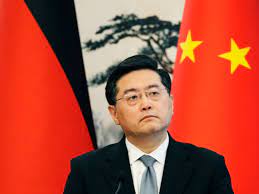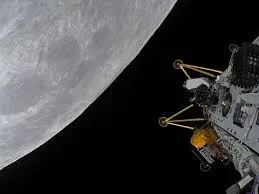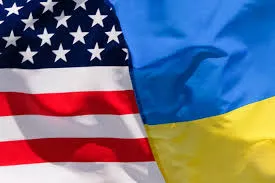Qin Gang’s removal from the position of China’s foreign minister sparked a number of rumours regarding talk of affairs, conspiracies and corruption, but whatever the reason, its impact on Beijing’s foreign policy and governance — under Xi Jinping’s dominance — will be insignificant. The removal of Qin Gang from his post as China’s foreign minister after a weeks-long disappearance fostered a few zesty rumours. Talk of affairs, conspiracies, and corruption has bounced around the net even as other policymakers have been replaced. But whatever sparked Qin’s fall, the impact on Chinese foreign policy and governance will be insignificant—as many of the purges party rule tends to invite are.
The fall of the former Chinese foreign minister surprised many observers for many reasons. Qin had enjoyed a successful career: rising through the ranks, including at multiple positions focusing on Western Europe and the United Kingdom, and gradually building his public profile. But, there were few apparent blemishes on his record. In 2021, Qin was promoted to ambassador to the United States over the Foreign Ministry’s preferred candidate after being favoured by Chinese President Xi Jinping himself.
According to Foreign Policy, Xi was believed to appreciate Qin’s ability to ardently defend his perception of China’s interests without the same abrasiveness of lesser lights such as notorious—and now bureaucratically exiled—wolf warrior spokesman Zhao Lijian. It is still not known why Qin was toppled, or what his fate will be, but it came out of the blue. He was only appointed to lead the Foreign Ministry at the end of December 2022.
However, for several reasons, Qin’s removal is unlikely to cause so much as a ripple in China’s foreign policy. The first reason is the nature of the role of the foreign minister within the Chinese party-state. Foreign ministers generally do not serve within the Politburo, the 24-member Chinese Communist Party (CCP) body responsible for deliberating and setting major policies for the party-state.
Formally, the foreign minister is not even the highest diplomatic position within the party-state; that distinction goes to the director of the General Office of the CCP Central Committee Foreign Affairs Commission.
Wang Yi, who now holds the strange distinction of being Qin’s both predecessor and successor as foreign minister, has also retained his position leading the General Office of the Foreign Affairs Commission. In the political structure of the People’s Republic of China, positions within the Communist Party are above state positions within the hierarchy of power. In leading the General Office, Wang outranked Qin while he was still foreign minister. Moreover, major foreign policy decisions are all made by the president and Party chairman, who leads the Foreign Affairs Commission and the Central Military Commission.

















